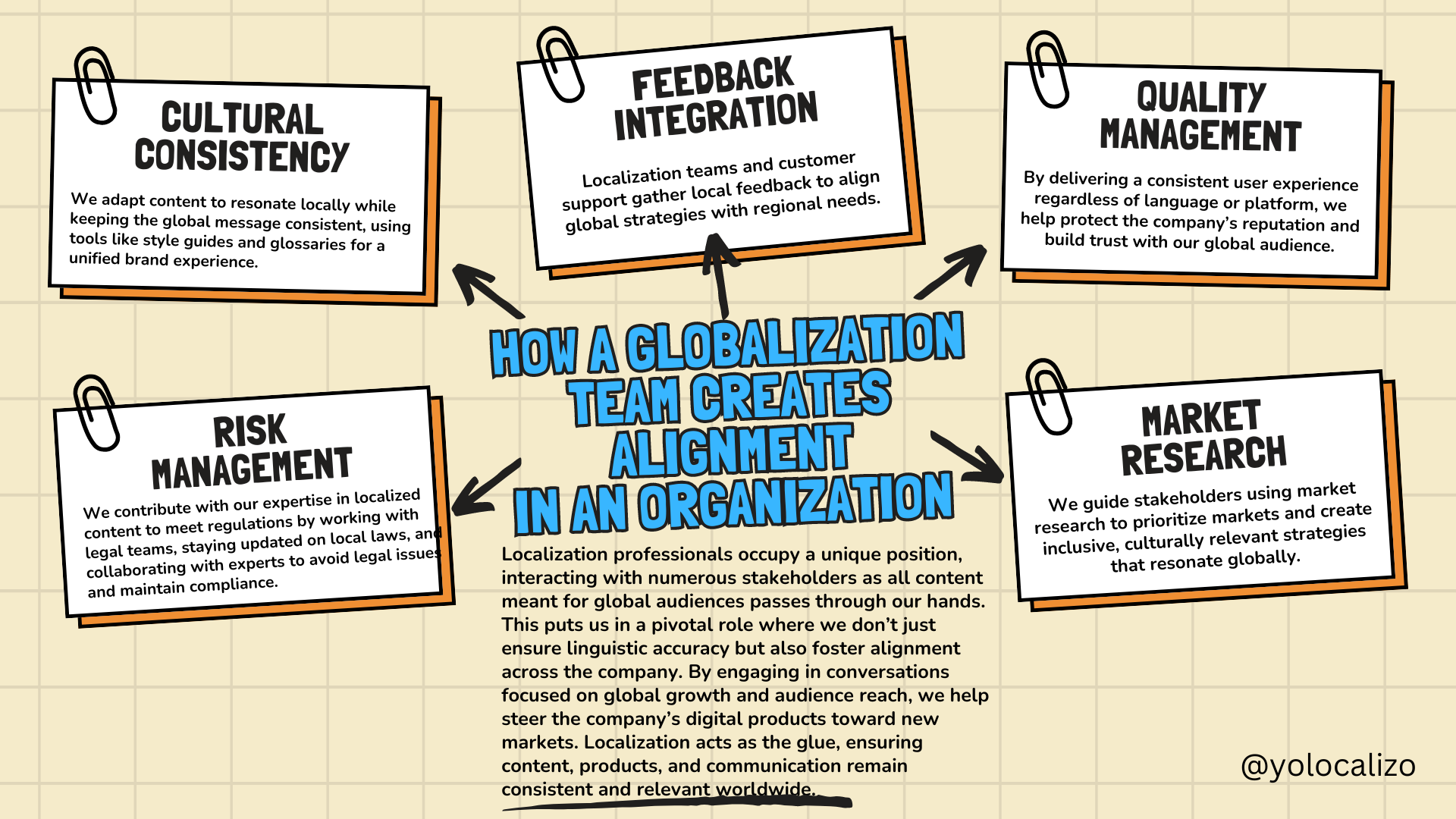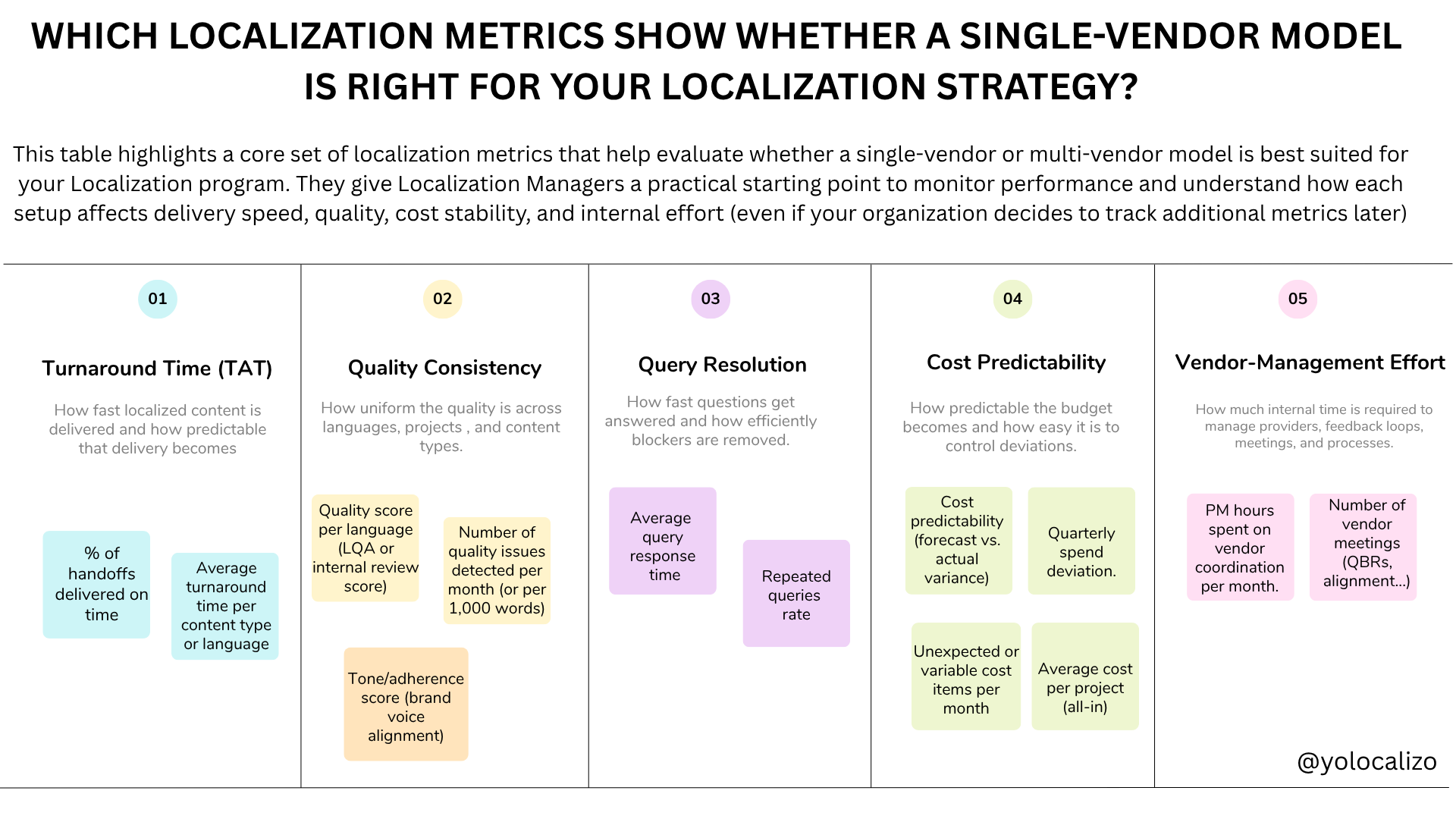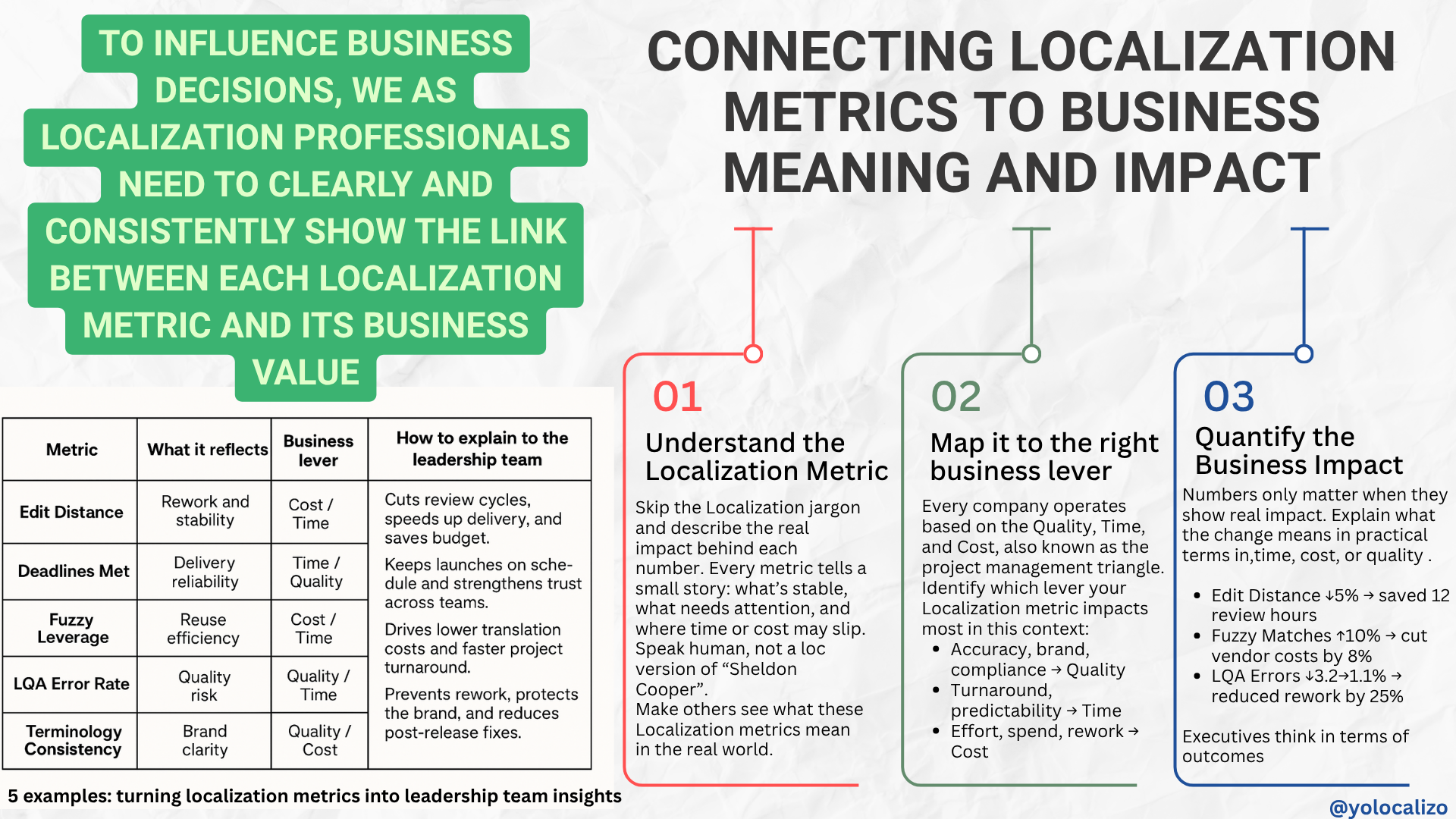Why localising videogames is different from other translation disciplines
I am very interested in the concept of the market niche that we live nowadasy. Mega specialization is one of the areas that many people and professionals pursue to earn a living. This specialization reaches all areas.
A few months ago I was fascinated by a workshop in which I was with a girl who did opera, but in addition to opera, she worked giving vocal variety workshops in public speaking.
Vocal variety is very important in public speaking, there is nothing more boring than giving a speech with a flat voice, she earns her living teaching that. Learning vocal variety is a very niche skill within public speaking; from outside it may seem that public speaking skills and vocal variety skills are more or less the same, however, the techniques necessary to master vocal variety are very specific.
Something similar to this I find in my world of video game localization!, from outside it may seem that the techniques to globalize a video game are the same as to localize software in general. And it is not, to succeed in the process of video game Globalization we need to take into account certain aspects ... keep on reading if you want to know 5 reasons why localizing video games is different to localise another type of software.
1.-Human mental barrier - there is still a belief associating video game with something that children play. (Not anymore!) And for that reason, there's a temptation to cut corners. There is a false belief that a video game is a product intended for children, so top-notch quality is not important. This assumption is increasingly far from reality! video games are played by people of all ages, and the quality requirements of a video game are as high as the quality expectations that are mandatory in other apps or software in general
Source: Statista
A translation with errors in a video game can damage much, much, much the reputation of a brand, of a video game. For example, we have this case in which a website was created to analyse the quality of the translation of Persona 5, a video game that was expected for a long time, and in which the level of translation raised many suspicions. Translating a video game is a serious job, and that brings us to the second point to consider ...
2.-The rates of a translator should not be lower because they are working on the translation of a video game. I have already stopped counting the times that during my career someone mentioned to me, oh they pay you to play!
Working in the Globalization industry does not exactly mean that we are paid for playing, but we will leave this topic for a future post, my point here is that translating a video game is real work, and for that reason the price to pay a translator must be aligned with the need: It's a serious tasks and quality is expected.
3.- Translate a video game is a marketing task, it is not software in general. A video game has an important narrative component, something that does not have an accounting program or much of the software that we use in our day to day activities ... , for example, the text editor that I use while writing this post. Localising video games is much more than translating generic software, the stories they tell us to take us to new worlds, worlds full of adventure and fun needs strong narrative skills by the translator on-boarded in this endeavour. To make this happen effectively translators are needed to do much more than translate words from one language to another.
Words are basically a way that we have to express our ideas, problem is that different languages form those ideas very differently. I like how this was summarised in this graphic
http://www.personaproblems.com/
Poor translators worship words. Excellent translators respect words, but worship ideas.
The key to producing a good job in the complicated task of worship is to understand that …
4.- The devil is in the detail: Culturalization is key in producing that feeling of immersion that I mentioned before. If we want to increase the possibility of a video game succeeding in the international market we must pay attention to cultural aspects. A basic translation may be enough for a mobile app, but in a video game that basic translation quality or MVP (Minimum viable product) mindset will not work. When we translate a video game, the content must be aligned with the culture. And this is more complex than it may seem since it affects several areas, for example:
• We have to get the correct prices for IAP (in-app purchases) in each Market. This is key to succeed or fail in the international expansion of a video game (check HERE to know more about the Price experimentation and expansion strategies )
• Also, we need to pay attention to areas, such as: Do I have content that may be sensitive to affect certain people or regions of the world? For example, do I have references in my game to:
religion, or beliefs
historical events like wars, flags, or the maps that I show are correct?
have the borders in the right places?
the names geographical elements, mountains or the sea is correct seas (ie, what's the name of the sea in the Japan / Korea area, is it Sea of Japan the name = or is it east sea? More info HERE about this?
Another tricky part related to the devil in details is that when it comes to giving feedback about the quality of a translation ... Everyone has an opinion
And this is quite problematic; This is one of the big differences when we translate a video game. In a video game with thousands and thousands of words, with audio, video or subtitles the level of complexity is very high. In a video game rather than translating software, it is as if we translate an interactive film or book, it is marketing material. It is an effort of transcreation. And in this task, the definition of high quality is difficult to quantify. The process of localising a video game is complex (graphic below) Of course we can identify when there are grammatical errors, or the style guide is not being followed or that there are inconsistencies in the glossary, but measuring the linguistic quality of a video game is an arduous task; that is why we have to be prepared to receive feedback and criticism, everyone will have an opinion on the translation that has been made.
www.yolocalizo.com
How can we avoid this? The first thing is self-awareness, we must understand that everyone has an opinion, and measuring whether one translation is better than another is a complicated task, basically to be 100% sure of this we would have to do an A / B test in which we measure the impact if the use of one expression is clearly better than another. Obviously this is not feasible, so the only thing we can do is , as I have quoted above, assuming that everyone has an opinion; and embrace that preferential changes are the gremlins of our industry. I love how Moravia explained this in their post. Have a look, it's a great article! The best way to avoid this problem of everyone has an opinion leads us to another important point by which to localise a video game is different
5.- Research and familiarize
Without knowing the game and learning the different levels, its menu and structure, its target audience, the game mechanics .... If we do not invest time in getting a good idea of these aspects, it is impossible to localize the game. There is a lot of debate about whether to be a good video game translator you need to be a gamer, well, it is not an essential requirement, but it is true that a translator who loves video games will be in a better position to quickly understand the tone of the game and how to adapt the content, but it is not necessary to be a gamer to be a translator, but what is necessary is to invest hours in understanding the game that is going to be translated, test its mechanics and get an idea of the look and feel of the characters; that is not done in an accounting program :) there the narrative matters less! we need to accommodate some time for the translators to play; so they familiarize with the material and get acquainted with the environment.
Globalizing video games is an exciting task, it is a market that does not stop growing, but it is a market with its own challenges, in my next post I will explain techniques and processes that we can apply to overcom these differences cited here, so we can turn them into best practices ... stay tuned !
Have a great week everyone!
@yolocalizo
















This feels like a pivotal moment. Localization teams are being asked to support more markets, move faster, use AI responsibly, and show impact, not just output. Expectations are higher than ever, but many teams are still trained mainly for execution. We are strong at delivering localization work, yet we often struggle to move from output to outcome and to clearly explain the impact of what we do.